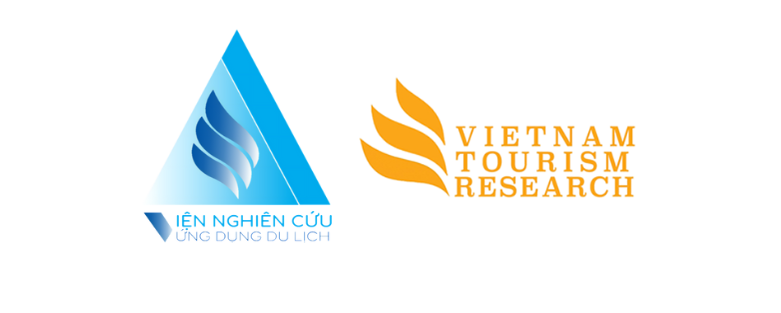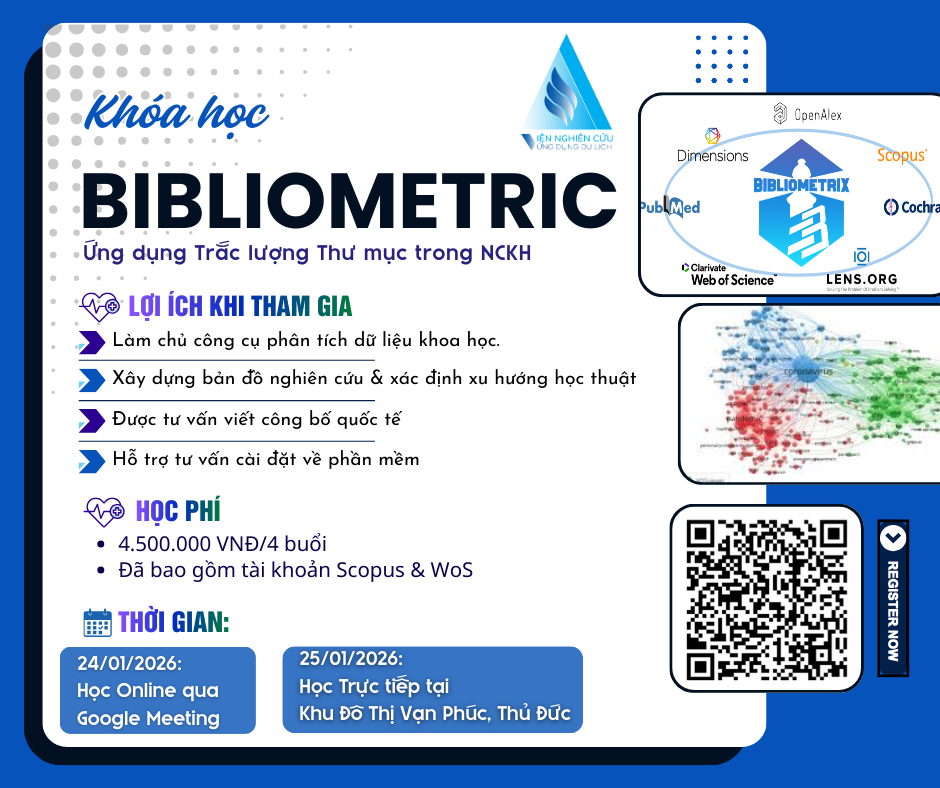This post is also available in:
Tiếng Việt (Vietnamese)
This paper analyzes the multidimensional impacts of large-scale events, specifically the Web Summit technology conference and the NOS Alive music festival, on Portugal’s tourism sector and economic development. The study demonstrates that these events are not only powerful drivers of international tourist inflows but also generate sustainable socio-economic effects that extend well beyond the event period.
These impacts include strengthening the technological ecosystem, enhancing the country’s global positioning, and reshaping tourism models. The paper also examines sustainability initiatives undertaken by organizers, while addressing the challenges of collaboration with government bodies and local communities in the pursuit of comprehensive development objectives.
Introduction
International events—including summits and cultural festivals—have emerged as strategic tools in shaping tourism industries and stimulating economic growth in many countries. Portugal serves as a prime example, where events such as Web Summit and NOS Alive have demonstrated the capacity to generate wide-ranging impacts.
Web Summit, a global technology conference, and NOS Alive, a prestigious music festival, have successfully established international brands that attract tens of thousands of participants from across the globe. The purpose of this study is to conduct an in-depth analysis of the ways in which these events influence tourism, the economy, and society, as well as the strategies adopted to sustain long-term community engagement and environmental responsibility.
Impacts of Web Summit and NOS Alive on Tourism and the Economy
Web Summit: A Catalyst for Tourism and the Technology Ecosystem
Web Summit has experienced exponential growth, expanding from approximately 150 attendees in 2009 to nearly 70,000 in Lisbon, the majority of whom are international visitors. This success derives from the synergy between Lisbon’s appeal as a destination and Web Summit’s brand reputation. Its impacts on tourism are particularly evident:
- Off-season tourism growth: Hotel prices and inbound tourist flows surge dramatically in November, traditionally a low season for tourism.
- Destination expansion: Attendees often combine the event with extended trips to other Portuguese cities such as Porto, Braga, and Coimbra.
- Year-round promotion: Through digital media, blogs, and side events, Web Summit continuously promotes Lisbon and Portugal, engaging global networks of partners and participants.
Beyond tourism, Web Summit produces far-reaching economic spillovers:
- International positioning: The event enhances Portugal’s visibility on the global stage, particularly its technology ecosystem. A notable example is Daimler Mercedes’s decision to establish an operational hub in Lisbon after its CEO attended the Summit.
- Start-up ecosystem development: The conference has galvanized entrepreneurial growth, spurring new policies, incubators, accelerators, and university programs in innovation and entrepreneurship.
- Employment and investment: Web Summit creates job opportunities, enhances workforce skills, and attracts foreign investment to Portugal.
NOS Alive: Creating Distinctive and Immersive Tourism Experiences
NOS Alive differentiates itself through a comprehensive value proposition that transcends the typical music festival.
- Integration with coastal tourism: Positioned Lisbon as the only European capital offering both cultural and beach tourism, combining surf, sea, and urban culture.
- Start-up ecosystem development: The conference has galvanized entrepreneurial growth, spurring new policies, incubators, accelerators, and university programs in innovation and entrepreneurship.
- Optimized experience design: The late starting time (5 p.m.) enables audiences to enjoy daytime activities while fully engaging in nighttime performances enhanced by striking audiovisual effects.
NOS Alive attracts large numbers of international visitors as well as local residents across generations, thanks to its diverse artist lineup and distinctive cultural setting. Music is positioned as a unifying force, connecting individuals from diverse cultural and religious backgrounds within a shared experiential space.
Spillover Effects and Added Value
Both Web Summit and NOS Alive generate spillover effects that extend across the entire economy, far beyond tourism. These events also provide intangible benefits such as national pride and a sense of belonging for Portuguese citizens, while serving as key instruments for attracting and retaining talent domestically.
Sustainability Initiatives
Sustainability constitutes a core component of the operational strategies of both Web Summit and NOS Alive, even though many measures are not widely publicized.
Web Summit
- Eliminated single-use plastic bottles and cups, replacing them with paper alternatives.
- Prioritized reusable materials for infrastructure and branding.
- Strongly promoted public transportation, particularly the metro system.
- Partnered with food service providers adhering to sustainable standards, prioritizing eco-friendly products and processes.
- Chose venues powered by renewable energy and implemented waste-sorting and recycling systems.
- Produced detailed sustainability reports and maintained a dedicated environmental team.
- Supported socially and environmentally oriented start-ups, dedicating a stage (Planet Stage) to inspire solutions for protecting the planet.
NOS Alive
- Required sponsor giveaways to be reusable and banned waste-generating promotional materials.
- Sourced 90% of electricity from the national grid to minimize reliance on generators.
- Became the first festival in Portugal to implement a surplus food redistribution program for local social organizations.
- Recycled festival waste into furniture products.
- Launched initiatives for the treatment and reuse of organic waste.
Community Engagement and Challenges in Government Collaboration
Engagement with Local Communities
Both events demonstrate strong commitments to engaging with host communities
- For instance, Web Summit established a community outreach team, collaborating with social groups, students in inclusion programs, and local communities through its Night Summit series.
Challenges in Government Collaboration
Despite the recognized importance of government-business-community partnerships, significant challenges persist.
- Representatives of NOS Alive, including Mr. Alvar, expressed expectations for comprehensive cooperation frameworks but argued that leadership should be assumed by the private or social sector rather than government.
- A structural challenge in Portugal lies in regulatory and policy instability. Alvar emphasized the need for a consistent legal framework spanning 10–20 years to attract and sustain investment, as continuous regulatory changes erode the confidence of investors and event organizers.
Enhancing Cultural Consumption
Portugal faces the challenge of having the lowest cultural consumption rate in Europe. However, this situation also presents a substantial opportunity for cultural actors to cultivate public habits, thereby creating more employment. One proposed approach is to promote cultural exhibitions in a format similar to “rock-and-roll shows” in order to attract audiences who do not typically engage in cultural activities.
Conclusion
Web Summit and NOS Alive serve as exemplary case studies illustrating the transformative power of cultural festivals and international conferences. They are not merely temporary events but powerful catalysts for tourism growth, economic development, technological innovation, and sustainability awareness. The proactive efforts of organizers to integrate sustainability measures and engage with local communities are noteworthy.
Nonetheless, maximizing positive impacts and ensuring long-term development requires regulatory stability and more effective synergies between the private sector and government institutions. Such conditions will enable these events to continue expanding and delivering comprehensive national value. In the context of intensifying global competition for hosting major events, maintaining a favorable investment and operational environment remains a decisive factor for Portugal’s continued success with such initiatives.









